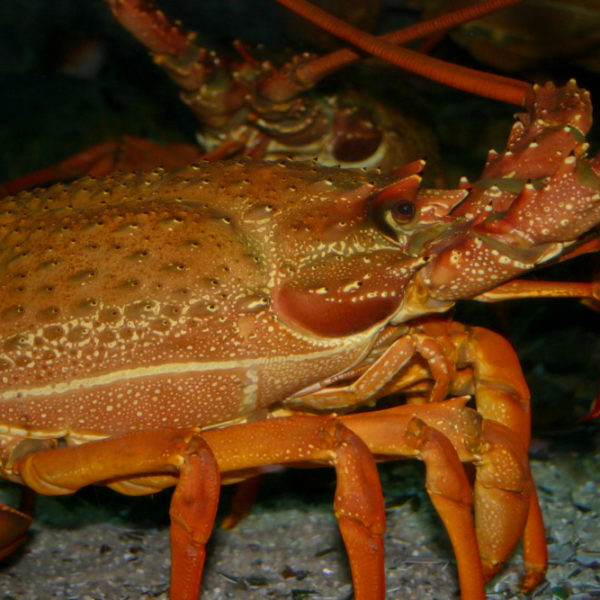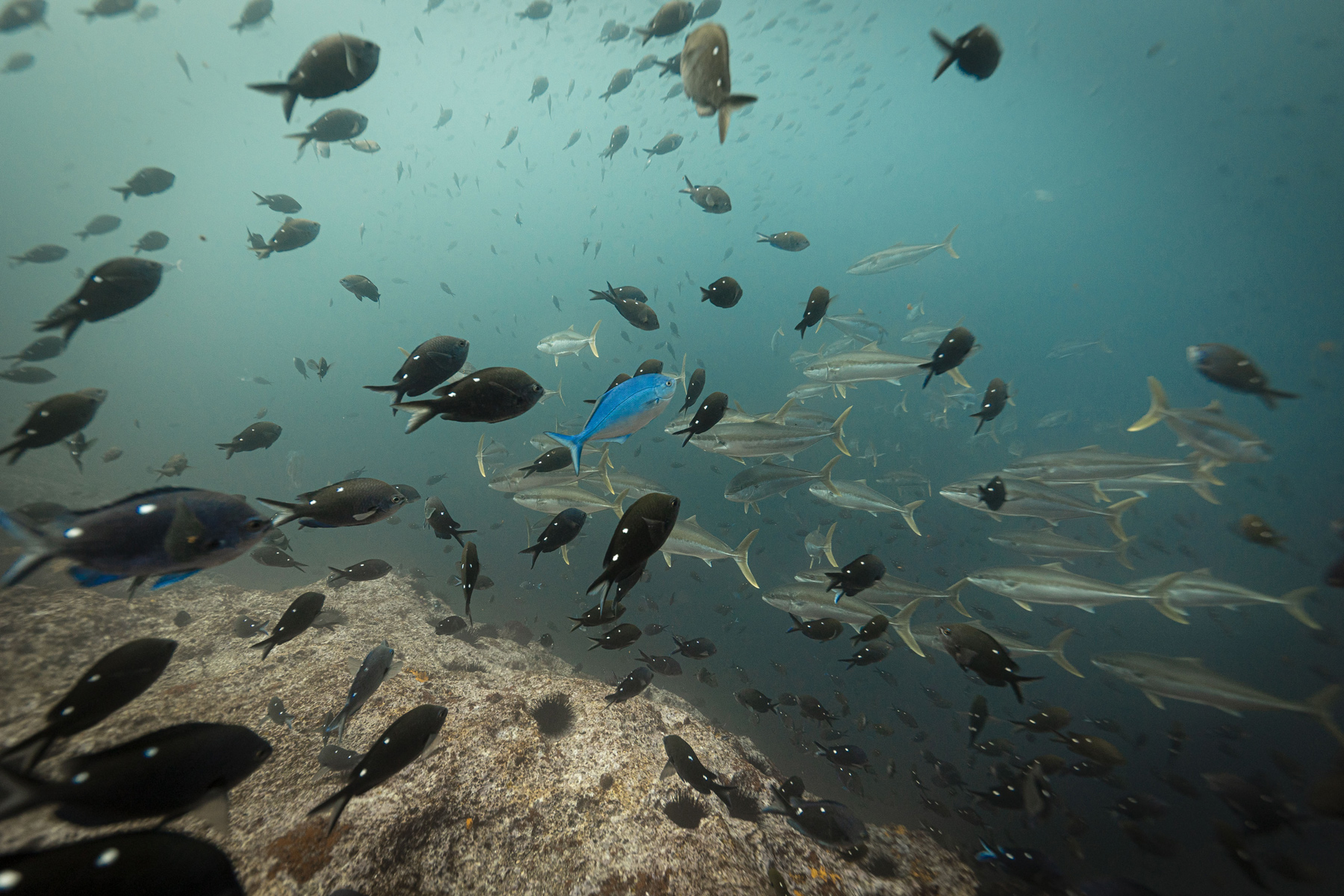Campaigns
LegaSea campaigns to raise awareness about marine fisheries issues, behaviours and decisions that can impact on the public’s ability to have a meaningful fishing experience. The objective is to enhance our fisheries and marine environment for the benefit of current and future generations of Kiwis.

Rescue Fish
Kiwis have had enough of indiscriminate bulk harvesting fishing methods and are refusing to tolerate the fish depletion and habitat destruction that follows. Bottom trawling and dredging in sensitive inshore waters damages important juvenile fish habitat and kills seabed creatures. Purse seining removes layers of life important to foraging seabirds and marine communities.
Fundamental change is required. This is why LegaSea and the New Zealand Sport Fishing Council have developed the Rescue Fish policy. Now we need to generate public discussion, to build on these solutions so we can reform fisheries management and restore fish abundance.
Rescue Fish sets out a new and fairer fisheries management system. One that is not dominated by the corporate quota owners, it’s a system that rewards the hardworking commercial crews who catch the fish.
Firstly, the Government will need to buy back inshore quota and replace it with an affordable licence. A resource rental levy on commercial catch will be paid to the Government so all New Zealanders benefit from the use of our coastal fish stocks.
The Fisheries Reform Scam
Shane Jones, Minister for Oceans and Fisheries, has proposed changes to the Fisheries Act that will pass control of our fisheries to wealthy quota owners – privatising our public resource.
Public submissions closed on 11 April 2025. Now we now wait to see if the proposed amendments pass through Cabinet.
Read our submission here and find out more about the Scam here.
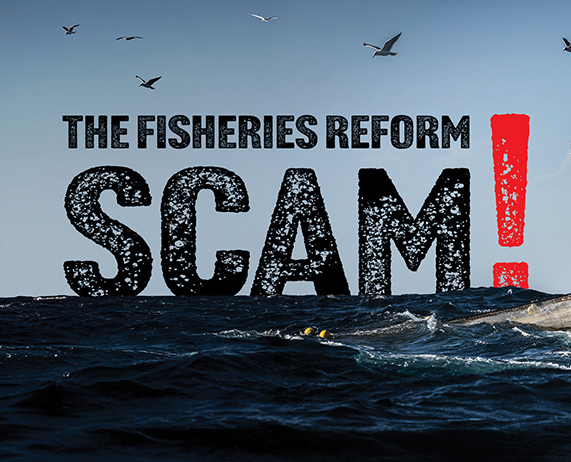
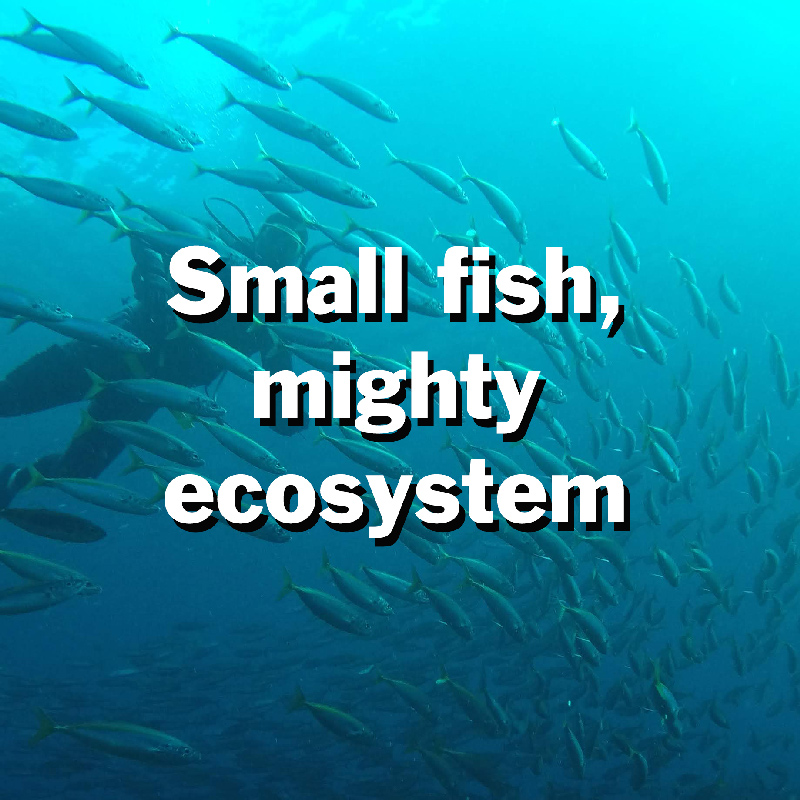
What are baitfish and why should you care about them?
Baitfish are a critical food source for marine mammals, seabirds and large predatory fish such as kahawai, kingfish and snapper. Yet around New Zealand baitfish species are commercially bulk harvested using indiscriminate fishing methods and commercial catch settings in many areas are higher than what fishers can physically catch.
LegaSea has heard continued reports by the public that the bulk removal of baitfish is having a detrimental impact on the wider ecosystem. Non-commercial fishers from North Cape to East Cape and beyond are reporting fewer work ups (feeding aggregations). We have developed a survey and want you to share your experiences on the water and tell us if you have noticed any changes. Read more.
The Hauraki Gulf Alliance
The Hauraki Gulf Alliance was formed by LegaSea to persuade the Minister of Oceans and Fisheries, through public pressure to remove bottom trawling, Danish seining and scallop dredging from the Hauraki Gulf Marine Park.
Together the Alliance collected more than 36,000 signatures from concerned Kiwis wanting these destructive fishing methods removed from the Marine Park.
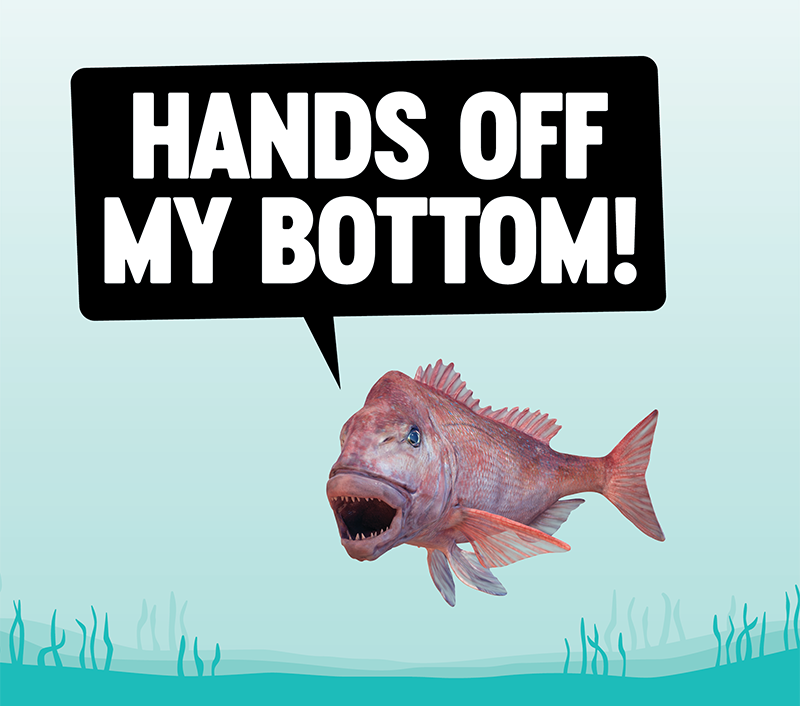
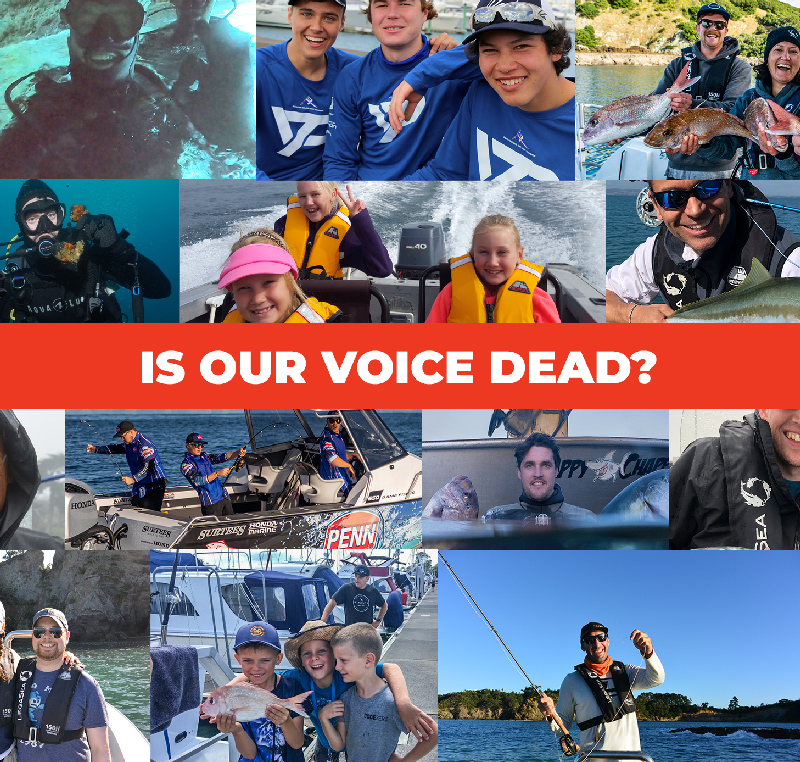
Fisheries Amendment Bill 2022
Coastal clubs, communities, and the public united to tackle a Fisheries Amendment Bill that is currently sitting before parliament, involving a number of changes with the potential of redefining sustainability of our fish populations.
LegaSea worked with the New Zealand Sport Fishing Council to submit strong objections, and to split up the Amendment Bill. We support the need for legislative changes to enable monitoring cameras aboard commercial fishing vessels. We objected to proposed changes aimed at reducing public say in fisheries, and folding public interests into the Quota Management System (QMS).
Snapper 8 review 2021
After 33 years of rebuilding, the Snapper 8 (SNA 8) fishery is finally in good shape, reaching an estimated biomass of 54% of the original population size. Fisheries NZ is proposing four potential options to increase the Total Allowable Commercial Catch (TACC) of 1300 tonnes. They propose to increase the TACC by either 25, 50, 75 or 100%. More commercial fishing in Snapper 8 means more bottom trawling, and this could jeopardise the recovery of snapper.LegaSea is supporting Option Zero. No TACC increase.
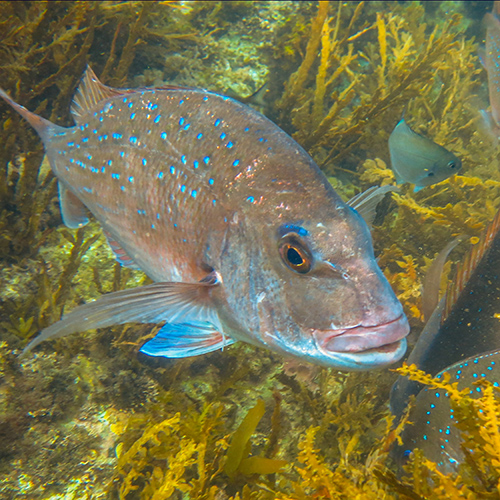

Blue cod 3
Blue cod is an iconic South Island fishery. Blue cod 3 is under the spotlight with Ministry proposals that will make it harder for east coast fishers to take home a reasonable catch. Around Christchurch daily bag limits have been slashed from 30 to 2 per person, while bottom trawlers go sweeping past not far from the shore. We need you to stand up in support of no more trawling inshore and fairer rules for recreational fishing.
Coromandel Scallops restoration programme
Since October 2020 LegaSea has been working with the Coromandel community to address their concerns about the depletion of scallops, particularly in Opito Bay on the eastern side of the Peninsula. Opito Bay has always been a popular place to gather scallops due to its shallow, clear waters.
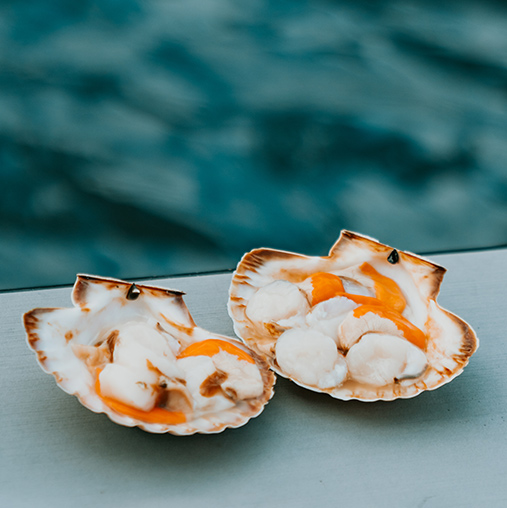
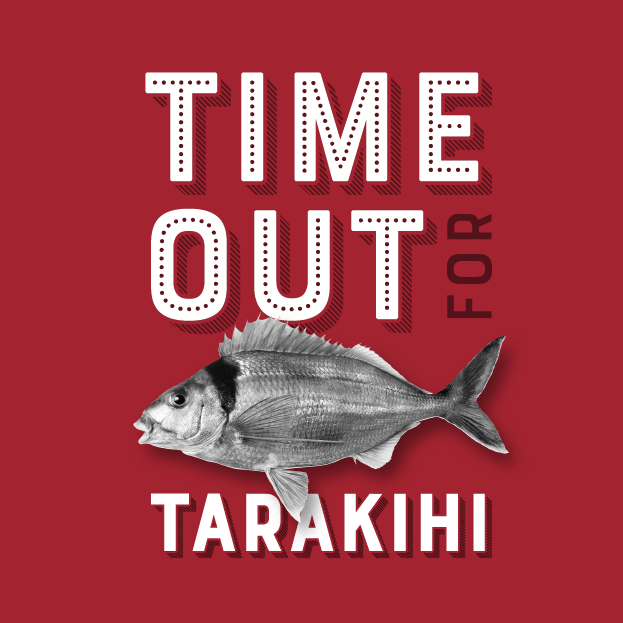
Time Out for Tarakihi
LegaSea launched the Time Out for Tarakihi campaign in July 2018 to gather public support for the Minister to drastically cut commercial catches of tarakihi. The tarakihi stock on the east coast of New Zealand is depleted below acceptable levels and needs to be restored within 10 years.
Crayfish Crisis
The Crayfish Crisis campaign raised public awareness about the state of 4 crayfish stocks around NZ. Of those, the CRA2 Hauraki Gulf-Bay of Plenty stock was most depleted. 81% of people supported the Minister in making a conservative decision, with 42% voting for a total closure to all crayfish harvesting.
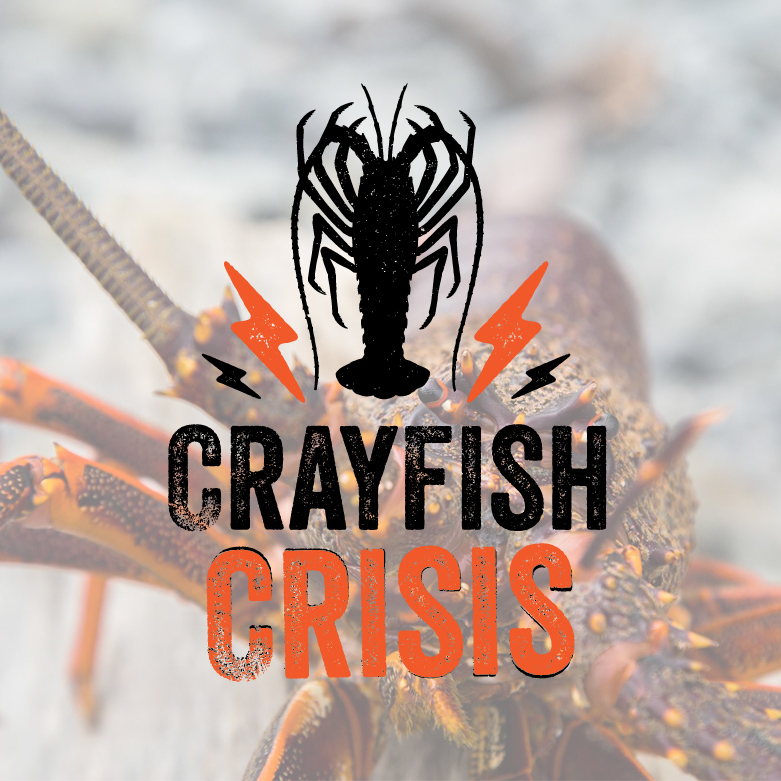
What’s Fishing Worth? 2016
Fishing is a cherished part of life in Aotearoa, with 18% of Kiwis identifying as recreational fishers. Yet until recently, its economic value was unknown. A 2016 report revealed that recreational marine fishing generates $946 million in spending annually, supports over 8,100 full-time jobs, and contributes more than $630 million to GDP. These insights, published in Recreational Fishing in New Zealand: A Billion Dollar Industry, strengthen the case for restoring fish populations and protecting marine ecosystems.
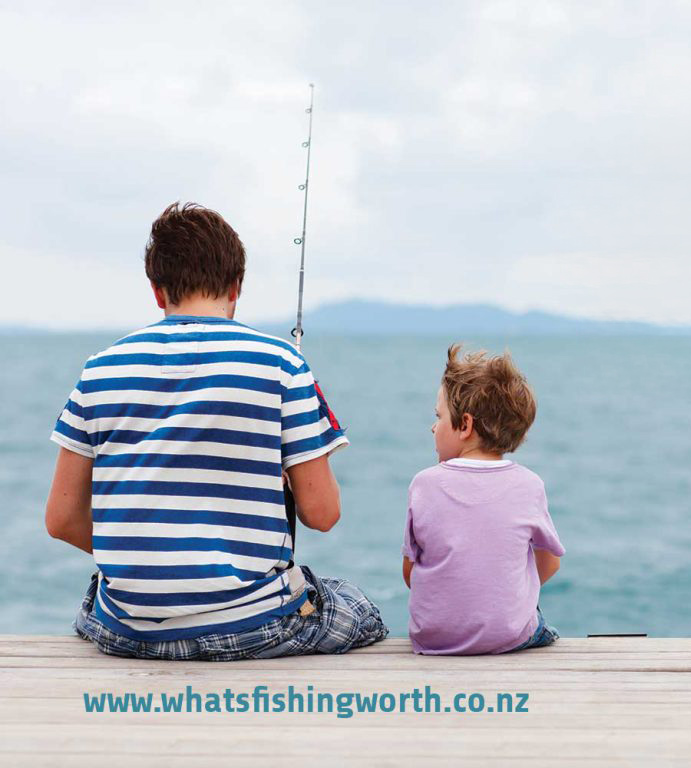
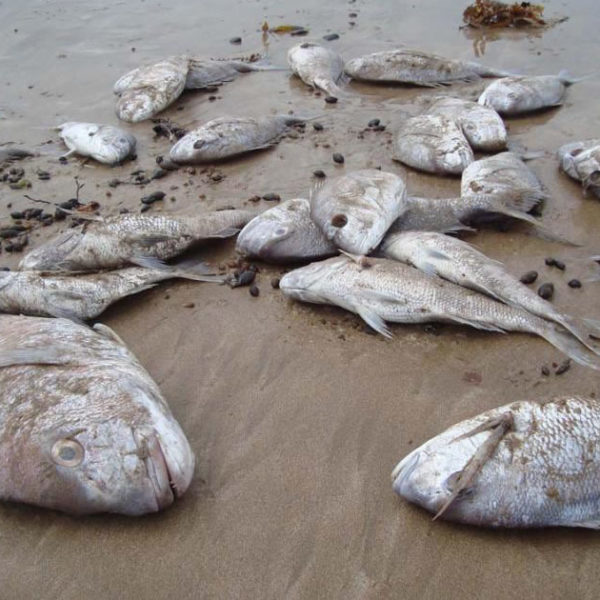
Fish Dumping Inquiry
Revelations of fish dumping, Ministry inaction, and an Auckland University study of excessive commercial fishing – more than double the amount reported to the United Nations – sparked outrage in 2016. LegaSea is calling for a Commission of Inquiry into the quota management system and fisheries management.
Blue cod South Island
Blue cod. Top of the South Island. Campaign between March and June 2015 to raise public awareness about the review of rules affecting recreational fishing of blue cod. LegaSea is concerned commercial catch limits remain intact while recreational fishers continue to bear the brunt of management restrictions.
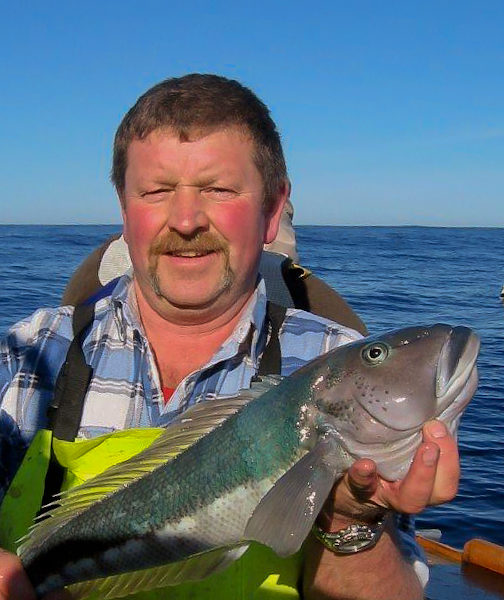
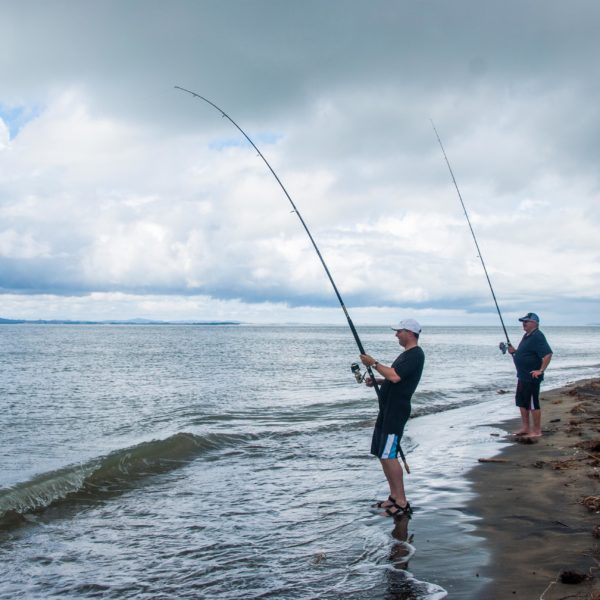
Tip the Scales
LegaSea campaign in 2014 to Tip the Scales towards sustainable abundance, balanced decision making and fairness. A set of 5 principles were developed along with specific policy recommendations to all political parties prior to the September 2014 election. Each party’s policies were rated against LegaSea’s policy recommendations.
I Fish. I Care. I Vote
In September 2017 LegaSea promoted the I Fish. I Care. I Vote. campaign elevating fisheries management as an election issue, so political parties would commit to restoring inshore fisheries to abundant levels. It successfully increased public awareness of the need for an inquiry into fisheries management and the Quota Management System.
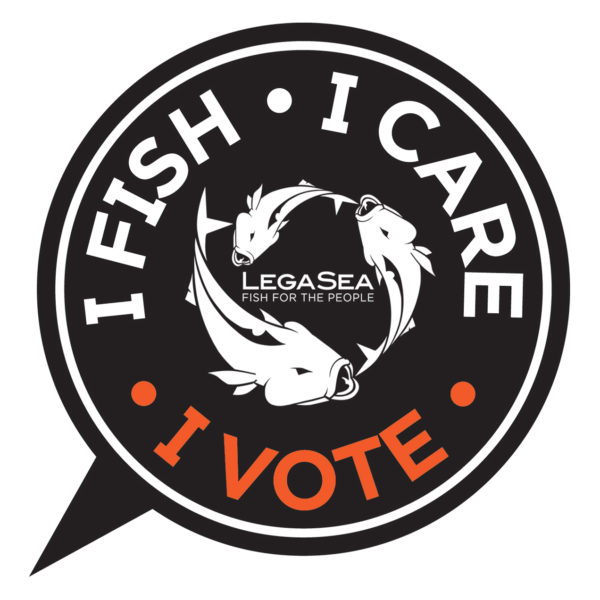
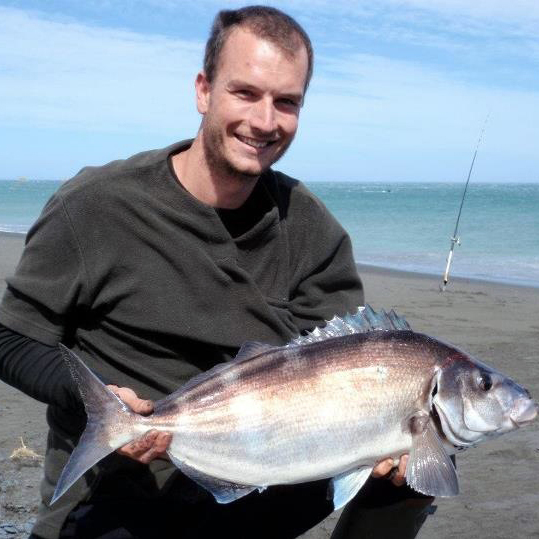
Blue Moki South Island
Blue moki. Public awareness campaign opposing commercial catch increases for blue moki off the South Island’s east coast. Since the 2008 set-net ban recreational fishers have been denied safe, inshore access to blue moki to feed their family yet officials propose to reward excessive commercial fishing by granting extra quota.
Scallops & Crayfish
2014 campaign raising awareness of the depleted state of the Nelson/Marlborough Sounds scallop fishery that needs to be closed to commercial fishing. No commercial catch increases in the Hauraki Gulf scallop fishery. There was strong public support for rebuilding the severely depleted Hauraki Gulf-Bay of Plenty crayfish stock.
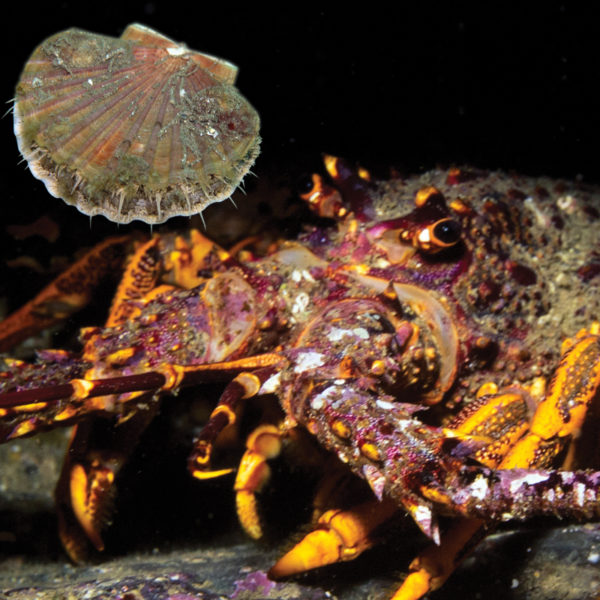
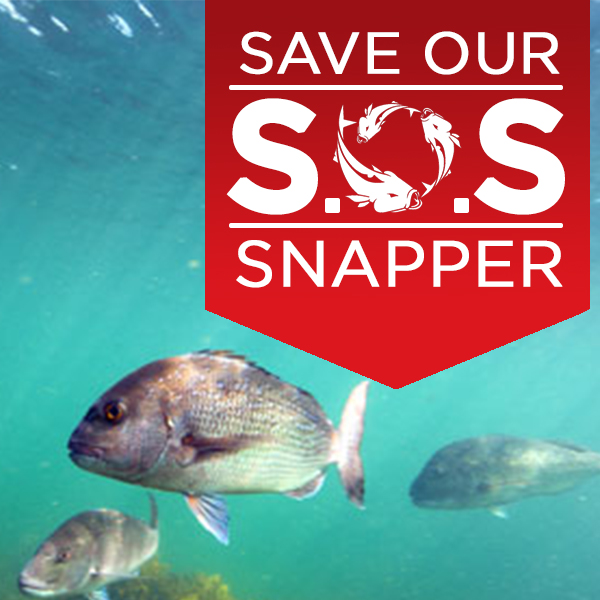
Save Our Snapper 2013
The proposed management changes for Snapper 1, east coast North Island, drew an unprecedented public backlash in 2013. Irregular management reviews and the unnecessary wastage of juvenile snapper meant the stock needed to double in size. Proposals to limit recreational catch while allowing trawling to continue inshore riled the public.
Hands off our Marlin 2013
A quick-fire campaign in May 2013 to alert the public to the proposals to allow commercial exploitation of marlin in New Zealand. Within 3 days over 20,000 thousands messages were sent by people calling on the Minister to reject any notion of introducing marlin into the quota management system.
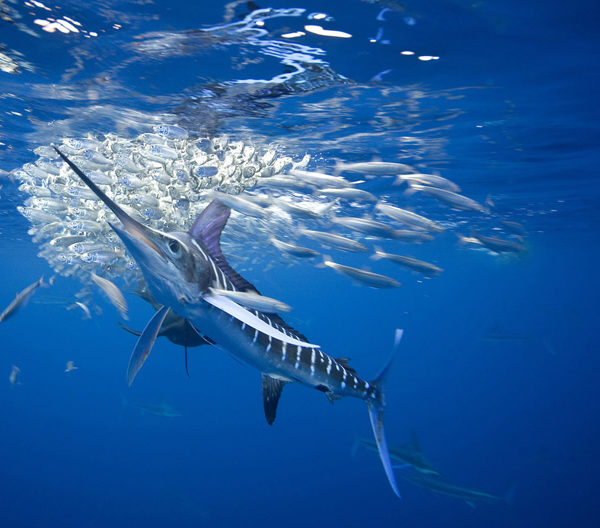
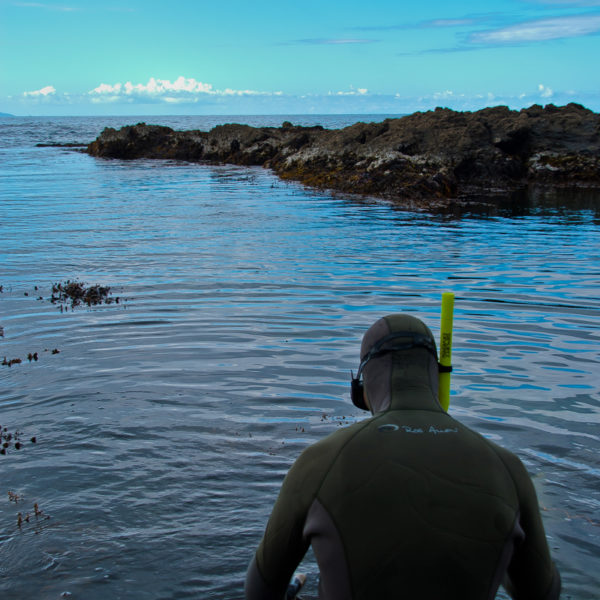
Otago paua
Community engagement and widespread publicity in 2013 led the Minister to reject Ministry proposals to open closed areas of coastline around Otago to the commercial harvest of paua. Foremost, the productive paua fishery ought to be maintained for environmental interests and to sustain the people of Otago and Southland.
Crayfish nationwide
Crayfish are a prized catch and important ecologically so it is critical the fishery is protected from over-exploitation. LegaSea continues to elevate public awareness of proposals that emerge every year affecting different stocks around New Zealand.
